Frontiers Friday #146. ADHD (Skills & Pills, Part VI) ⭕️
Skills before pills. Figure out the what before the how.
In this final six-part series on ADHD, let’s address the subject of skills and pills.
Medication may sometimes be warranted to help someone manage their ADHD symptoms. But as one of my clients puts it, “Skills before pills.”
I would add, “Dailies, strategies, skills, and then pills.”
If someone is medicated, they would still need to develop a sophisticated skillset so as to improve specific areas of challenges that they are facing.
Physician Gabor Maté writes in Scattered Minds,
The aim of medication is not to control behavior but to help children focus…
If a physician increases the dosage of the drug until classroom perfect behavior is achieved she may end up tranquilizing the child into an overly subdued state, with loss of the special vivacity and spark…
The end point should be the child’s experience of himself, not only observed behaviors. No child should have to take medications that give him side effects, any more than an adult would want to do so.
For more about what medications can and cannot do, I recommend Gabor Maté’s Chapter 31 of his book Scattered Minds.
Before we proceed, to recap, here’s the gist about “Dailies, Strategies, Skills, and Pills”
And if you’ve missed the previous installments on ADHD, see below:
Frontiers Friday #146 Five Recommendations on the “Strategies” of ADHD (Part VI)
⛳️ Figure Out the What Before the How
We need to think about what is the key area to work on with a given client. What is not only predictive (i.e., known in the cumulative literature to impact outcomes), but also influenceable (i.e., something that your client can be able to—and is willing—to work on).
If you do not take the time to consider the leverages of improving your client outcomes, it would be like trying to move a boulder without a lever and fulcrum.When working with someone who is diagnosed with ADHD, or any psychiatric label given to them as a matter of fact, be careful of attribution creep. Meaning, don’t be too quick to assume that the thing to work on is related the prescribed labels, i.e., to work on “attentional focus,” executive function issues or organisational skills. We can easily slip into this type of cognitive bias.
Archimedes said, “Give me a lever long enough and a fulcrum on which to place it, and I shall move the world.”
To assist in the process of figuring out what to work on, I’m borrowing David Whyte’s framing of what he calls, The Three Marriages, namely,
i. Personal
ii. Relational
ii. Work☝️Personal
This could mean a myriad of things for different people. Someone with ADHD concerns might need to develop skills in regulating their anxiety, attentional training, or even processing their past wounds.1
The key is that, we wouldn’t know a priori.
It’s highly personal. So the best form of standardisation is customising our approach with each person. How? Figure out the what to work before the how (see #1.)
We need to enter into a conversation to discuss what is the key skill to develop. Especially at the start, it may or may not even be the domain that has the most deficit. We need ask ourselves if working on “X” is know to be predictive and is influenceable, that is, something that the client is able and willing to work on. When their will is not on board, you end up being the one that is worker harder than they are.👩👧Relational
This is one of the many reasons why systematically tracking outcomes session-by-session is a valuable practice.
When we have a sense of a person’s global wellbeing, and not just on a symptom-specific measure, we can get a gestalt of their personal, relational, and occupational level of functioning.
When someone first presents with ADHD concerns, widen the lens to get an understanding of their relationships.
Some people might need help in deepening their close relationships. One client said to me that the thing that bothered him the most was that he’s not present with his friends when they hang out. The skill he wanted to develop was to be a better listener.
Not what I expected, but heartwarming to find out.
For this particular client, the “dailies” and “strategies” will have to stack up to his goal of wanting to upskill in this area.🗒️ Work
Work could mean our jobs, school or simply things that we can meaningfully occupy our time with.
Some clients might want to develop skills in becoming more productivity, to focus on-task, or to slay the procrastination dragon. In such instances, those things that we mentioned previously in the “Dailies” and “Strategies” domains will apply.
How we engage in meaningful work has an influence on our wellbeing.⏸️ Words Worth Contemplating
“Everyone can achieve something significant. The key is not effort, but finding the right thing to achieve.”
~ The 80/20 Principle, Richard Koch.
Reflection
What is the one skill that you need to develop?
Notice Board
This month, I’m going to place my attention back to the Frontiers Radio podcast. I’m hoping to answer some of the questions that floated my way.
Drop me an email (info@darylchow.com) if you have a question related to our professional development…and all other things related to this. You can simply write or send a voice memo.
For now, I’m responding to questions relating to “Time for reading,” “being overwhelmed by different modalities of therapy,” and “streamlining work and not just fire-fighting."
Warm Welcome to New Folks on Frontiers of Psychotherapist Development (FPD)
If you are new here, I just want to say a big hello to you and would love to hear from you. Tell me a bit about you and the challenges you face in your development.
Click here to see more details and the archive listed by topics: Frontiers of Psychotherapist Development and Frontiers Friday.
Daryl Chow Ph.D. is the author of The First Kiss, co-author of Better Results, and The Write to Recovery, Creating Impact, and the new book The Field Guide to Better Results .
Maté posits that ADHD is a trauma-related coping mechanism in a highly stressful environment, coupled with hyper-sensitivity. I’m somewhat more tentative about this perspective. I’m not so sure all everyone with ADHD, has trauma. As I’ve mentioned previously, I wonder about the how psychological concepts have over time, expanded beyond their original meaning, or what Nick Haslam calls concept creep.


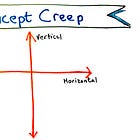
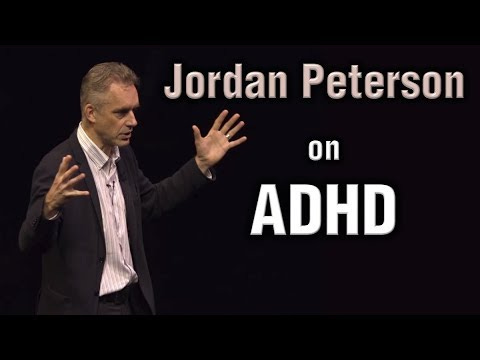
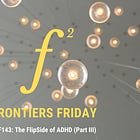
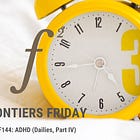


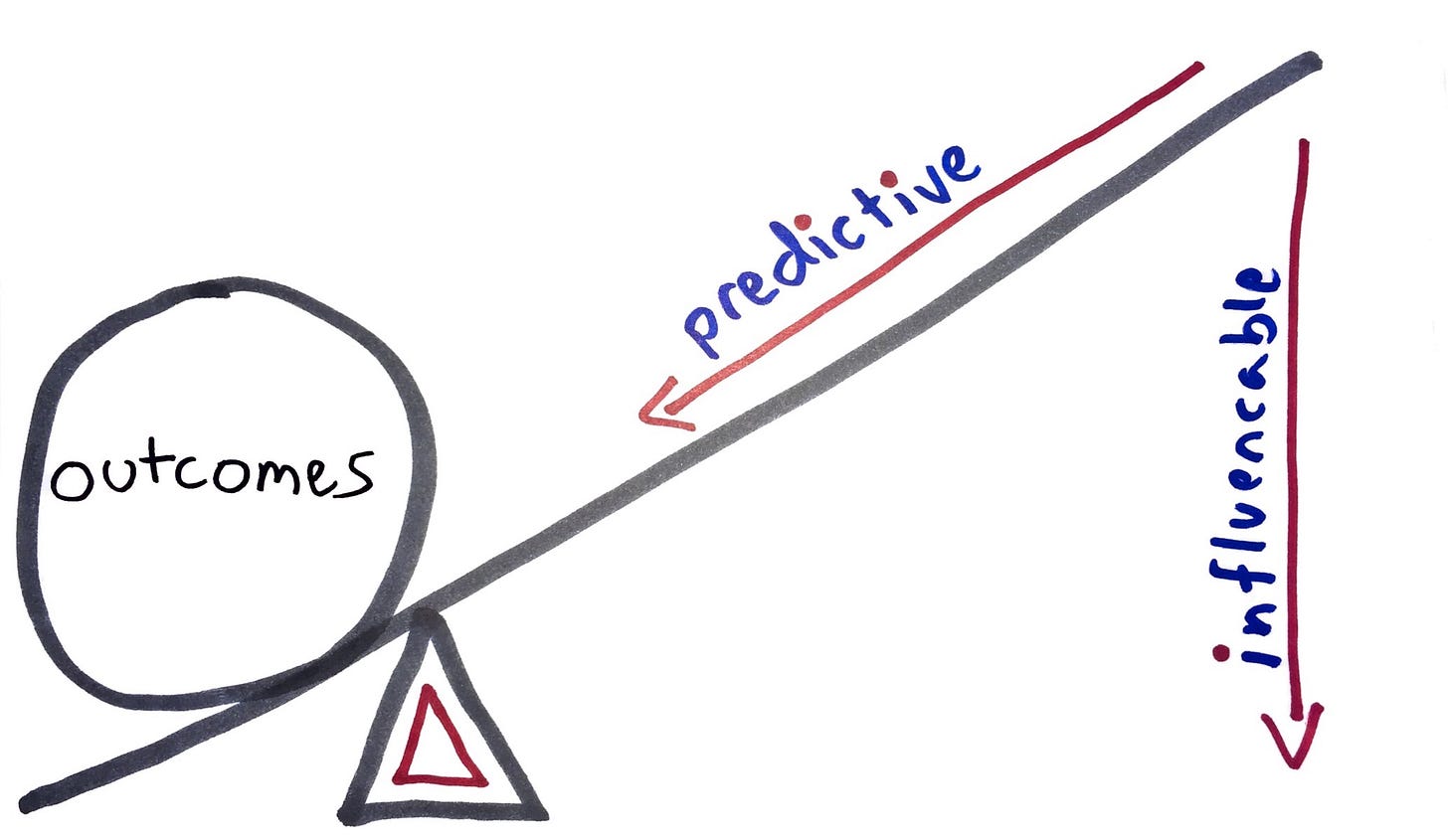


Yes I agree Daryl that Mate's work is overly focused on trauma as the foundation of psychological & addiction issues.